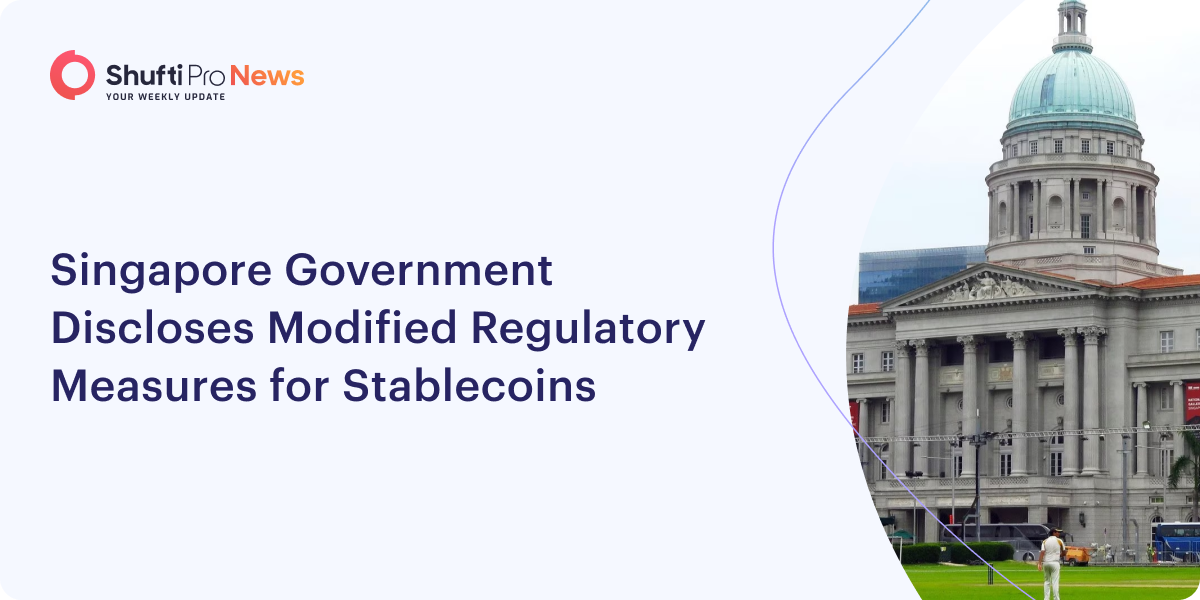Singapore Government Discloses Modified Regulatory Measures for Stablecoins

Singapore’s Central Bank has disclosed upgraded regulatory guidelines for stablecoins to keep cryptocurrency transactions consistent and orderly in the country.
The upgraded framework was disclosed on Aug 15, and it primarily addressed irregular stablecoins and proposed to regulate these non-bank issued stablecoins. These unregistered coins damaged the value of the Singapore Dollars and G10 currencies, such as the US Dollar, Euro, and the British Pound. The Monetary Authority of Singapore (MAS) said, “Stablecoins are digital payment tokens designed to maintain a constant value against one or more specified fiat currencies. When well-regulated to preserve such value stability, stablecoins can serve as a trusted medium of exchange to support innovation, including the “on-chain” purchase and sale of digital assets. MAS’ stablecoin regulatory framework will apply to single-currency stablecoins (SCS) pegged to the Singapore Dollar or any G10 currency issued in Singapore.”
The deputy manager of the Singapore Central Bank, Ho Hern Shin, said that this framework will facilitate stablecoin transactions by providing a reliable medium of exchange. It will also support the digital ecosystem by becoming a bridge between traditional and virtual ecosystems. He also pushed the stablecoin issuers to be ready to comply with regulatory laws to register their stablecoin under the MAS.
According to these revised regulations, stablecoin issuers have to follow several requirements. The reserved assets will be subject depending on their exposures, valuation, compositions, custody and audit. These requirements include reserve management, risk assistance, disclosures and customer identity. The MAS further notes only regulate those stablecoin issuers that fulfil the requirements. The coins that cannot follow the guidelines could not apply to be regulated by the MAS, helping the banks distinguish regulated stablecoins. The proposal also defines hefty penalties, including fines, prison time, as well as upgrades in the list. However, the MAS can not yet order the revised frameworks because the Singapore parliament has to pass the bill to enforce altered obligations.
Suggested Reads:
SINGAPORE NOW REQUIRES DEVELOPERS TO COMPLY WITH NEW AML/TF REGULATIONS
SINGAPORE PASSES STRINGENT REGULATIONS TO CLAMP DOWN ON MONEY MULES
SINGAPORE PLANS TO AMEND LAWS TO ARREST MONEY MULES FACILITATING SCAMS

 Explore Now
Explore Now













